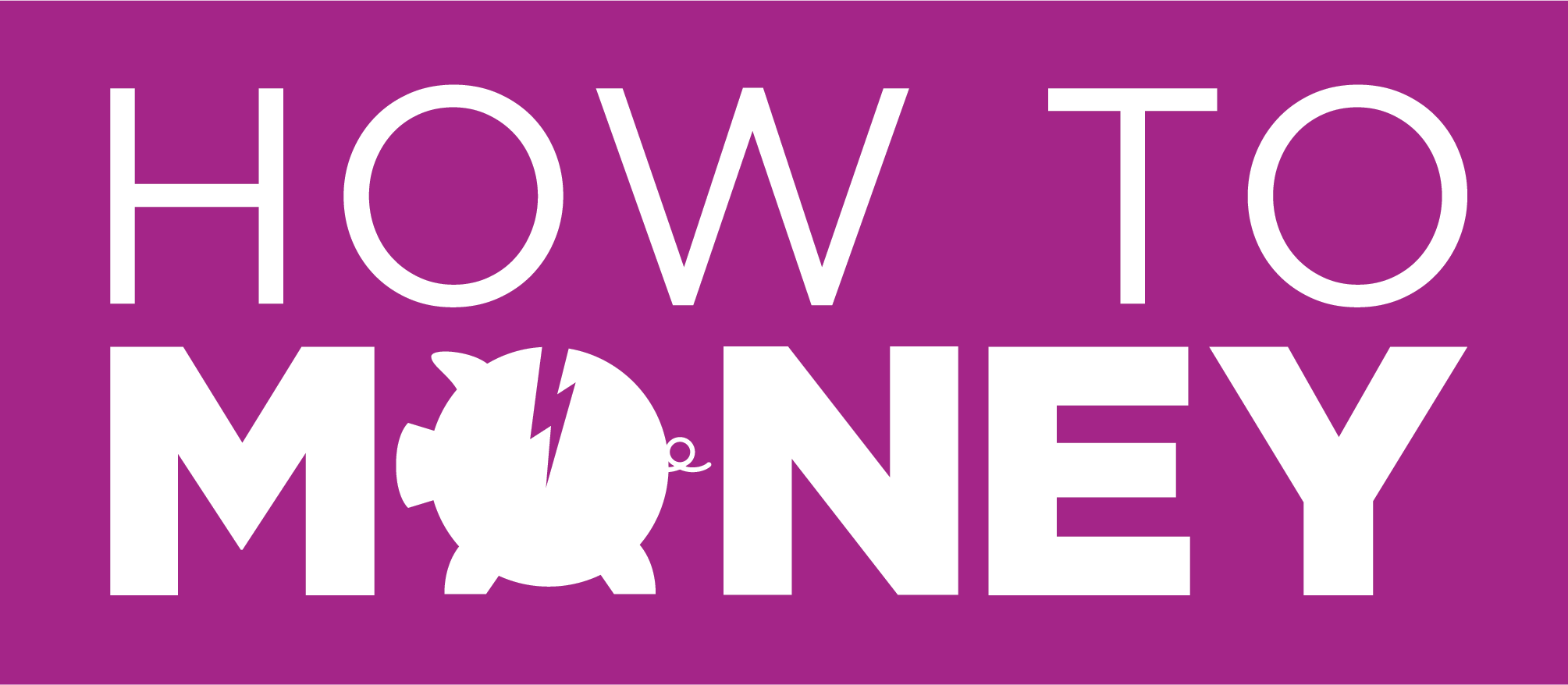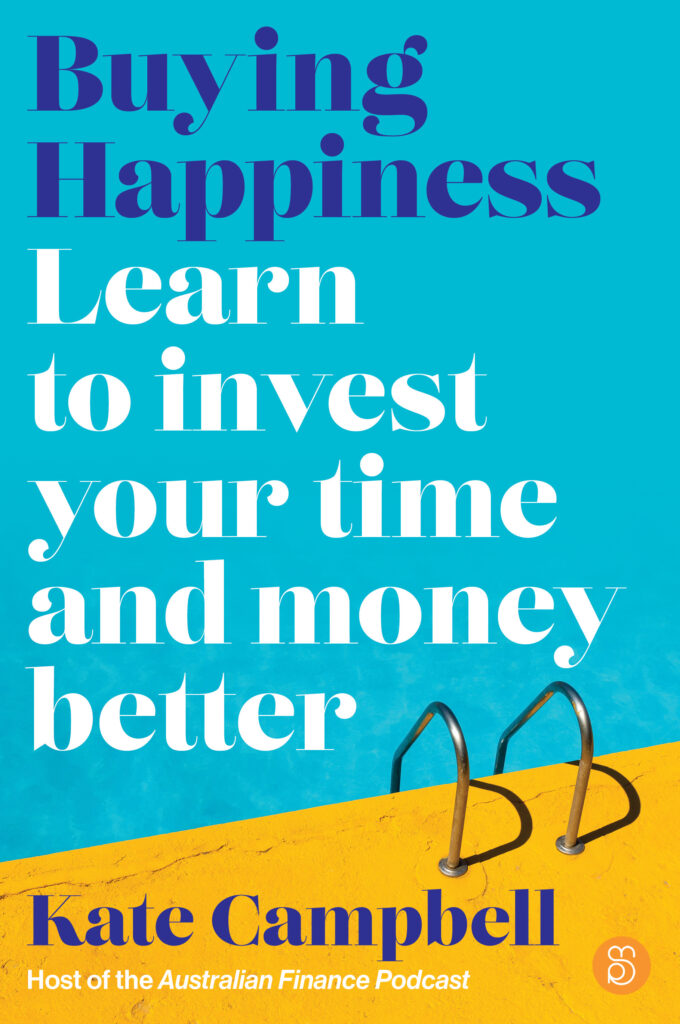
Faces of Finance: Jason Sedawie from Spaceship
Through the lens of the media you often just see one side of finance, Wall Street traders and stock charts make up most of the images that grace your screens. At How To Money we know that there’s a lot more to finance then that, and there are countless individuals working across the industry in a huge variety of roles.
Whether you’re looking to work in finance or just interested in what they do all day, this series focuses on people working in finance and their stories. Welcome to the Faces of Finance…
In this instalment of Faces of Finance, we interviewed Jason Sedawie, Senior Portfolio Manager at Spaceship. We’d love your feedback and suggestions on who we should interview next! Get in touch by sending us an email.
Introducing Jason Sedawie from Spaceship
I’m currently the Senior Portfolio Manager at Spaceship. I have 15 years of investing experience with boutique fund managers in global and Australian equities. I started my career with a Big 4 accounting firm earning a Chartered Accountant and Chartered Financial Analyst designation.
Spaceship is a fintech company that enables customers to invest in their future. We have two investment products available through the Spaceship platform: superannuation, and a discretionary investing platform we call Voyager. We have approximately $1.3 billion in funds under management.
I manage the Universe portfolio, which is part of Voyager. I am supported by the rest of our investment team, in implementing our Where the World is Going investment philosophy.
How did you get into finance?
I didn’t know much about the stock market growing up, but my parents were entrepreneurial which made me interested in business. As I learnt more about investing, I liked the idea of being able to own businesses through the stock market.
I wasn’t sure what kind of job would be best for me, whether in stockbroking, investment banking, super funds etc. But, I thought it would be a good grounding to start off learning accounting, which is the language of business.
I started out at a Big 4 Accounting firm and after a few years discovered funds management. I then became an analyst for a boutique fund manager, where those accounting skills helped me read financial statements and model out investment ideas.
What do you enjoy about working in the financial services industry?
Every day is different and there is always something new to learn. If you’re curious and like to learn, the funds management industry is for you. There is always something to investigate and research.
The highlight for me is meeting with company management. It’s inspiring to meet and learn from great entrepreneurs. Pre-Covid, I always found it interesting to visit company offices. It’s like visiting someone’s home, and you get a good feel for the company’s culture.
The most interesting office I’ve visited was World Wrestling Entertainment. There were plenty of toys and statues scattered around the building, and in their lifts the monitors displayed… you guessed it, wrestling matches.
Do you see any downsides to working in this industry?
It’s not really a job but a lifestyle.
It can be all encompassing. It’s not a nine to five job, as you’re always thinking about the portfolio and what you can do to improve.
The most successful investors I’ve met, find investing intellectually stimulating, and even on holiday’s you can’t leave it behind. It’s not a downside, but you’re up against people who don’t consider it work, so if you treat it like a job it can be hard.
What is the most common misconception you think others have about the industry?
That increased activity is good for returns. It’s not.
Increased trading activity is good for providers (e.g. brokers), not investment returns. If you find a great company, hold on, don’t trade it.
It’s a broad generalisation but industry incentives can cause you to trade more than necessary, impacting portfolio returns.
When you’re given an investment idea or piece of advice, always ask what is in it for them and how do they benefit?
For example, business news reports are more concerned about ratings than your portfolio returns. Stockbrokers are more interested in getting you to trade than long-term returns, while analysts are more interested in corporate actions and IPOs than successfully rating a stock.
If you received $1000 extra to spend to ‘increase your happiness’ right now, what would you use it on?
Books and travel. I try to read a book every one to two weeks. Usually related to investing or a topic I’m interested in.
A book can be a great return on investment, given the price paid for a lifetime of the writer’s knowledge and years of effort. Like everyone else, I would love to read a book on a flight overseas when border restrictions ease.
What are your tips for young Australians considering a career in finance?
For careers in funds management, I would say do it because you find business and helping people retire interesting, not just because of the money or “excitement” of the stock market.
I would also suggest to up-skill your knowledge through other industries before getting into finance.
Accounting was helpful to me as an investor. I know many people who started out in other fields, whether engineers or healthcare workers, that eventually transferred their industry knowledge to finance.
Learn more about Jason and Spaceship
Interested in learning more about micro-investing platform Spaceship? Head to their website for more information.






